Amy Gray –who plays Biondello, Curtis and the Widow in our version of Shrew — put me in contact with Will Mackenzie a few weeks back. Will is an old friend of Amy’s and a prolific director of stage and screen.
WM: As far as I remember, there was really no adlibbing or improv on the set because of the rhyme. We did lots of improv in the staging, though. Bruce was always great at coming up with bits and I was given a lot of free reign for staging, although so much was in the original script. This was, in fact, one of the few Moonlighting episodes that Glenn (Caron) didn’t rewrite at the last minute, because he was so afraid of screwing up the rhymes. And the actors had to really work to learn the lines and get the meter.
DJ: What’s your fondest backstage memory or story from working on that episode?
WM: My fondest memory backstage was staging that “Good Lovin'” because Bruce loved it. He played harmonica and had a band at that time. Those days in the church were probably our most fun on the set.
WM: People haven’t mentioned the episode in quite a while. I think because Moonlighting isn’t in reruns or syndication. At the time and for about five years later, I got many requests from schools to use it. I remember we all signed releases for it to go to high schools and colleges.
DJ: Sidebar — In addition to the story I already told you about how it impacted me when I was 12, my mother HATED Moonlighting, so that episode had me hooked from the beginning with the setup between mother and son. …
WM: I liked your story about you and your mom being similar to the opening. I think it helped set the tongue in cheek stage.
DJ: The ending is obviously far different in context than Shakespeare’s, but it works (ed: I asked this question because a few of my cuts for our production change some of the context as well). Do you recall any critical reaction to the way the story was “altered”?
WM: I think the ending was done because of the relationship on Moonlighting. Maddie really was the ball breaker and he was in love with her. He would say it was the sun, if she told him. It brought us back to the real TV characters. I don’t remember any serious objections. The show was joyously received. We were lucky because it was about the most expensive hour of TV for that time.
DJ: Thinking on it, you all may have presciently invented the genre mash-up we’re now seeing with so much fan-fiction on the internet and books like Pride and Prejudice and Zombies with your fusing the stories of Moonlighting and Shrew. 🙂
WM: We thought at the time: “this is either going be really terrific or a DISASTER! I always think we dodged a bullet! The success of Ron and Jeff’s script was that fabulous fusion of Shakespearean patter with Moonlighting patter with a bit of inside Hollywood patter. The cast all jumped on board, luckily.
DJ: Do you have a moment on-screen from that episode that you are most proud of? Something that you worked hard for, or that just came together perfect?
WM: As I said, I think the Young Rascals version of “Good Lovin'” done with a Shakespearean quartet, Bruce so involved and us all singing and jiving in this church was the best! We had SO little rehearsal. Bruce and Cybill had never done Shakespeare before. I watch it now and remember how rushed it all was, but they were very excited to do something so different.
DJ: Do you have any opinions as to why we cling to this type of narrative? It really is a cultural archetype at this point: Kate and Petruchio, David and Maddie, George and Martha, Mulder and Scully – just curious if you have any thoughts as to why we might cling to those figures, or what function they might serve culturally.
WM: I think it all must go back to the battle of the sexes. We’re all still fascinated with a good tale about the warring couple either that finally love again or, depending on the playwright, destroy each other. Not sure of the cultural significance, but it’s all about one upsmanship!


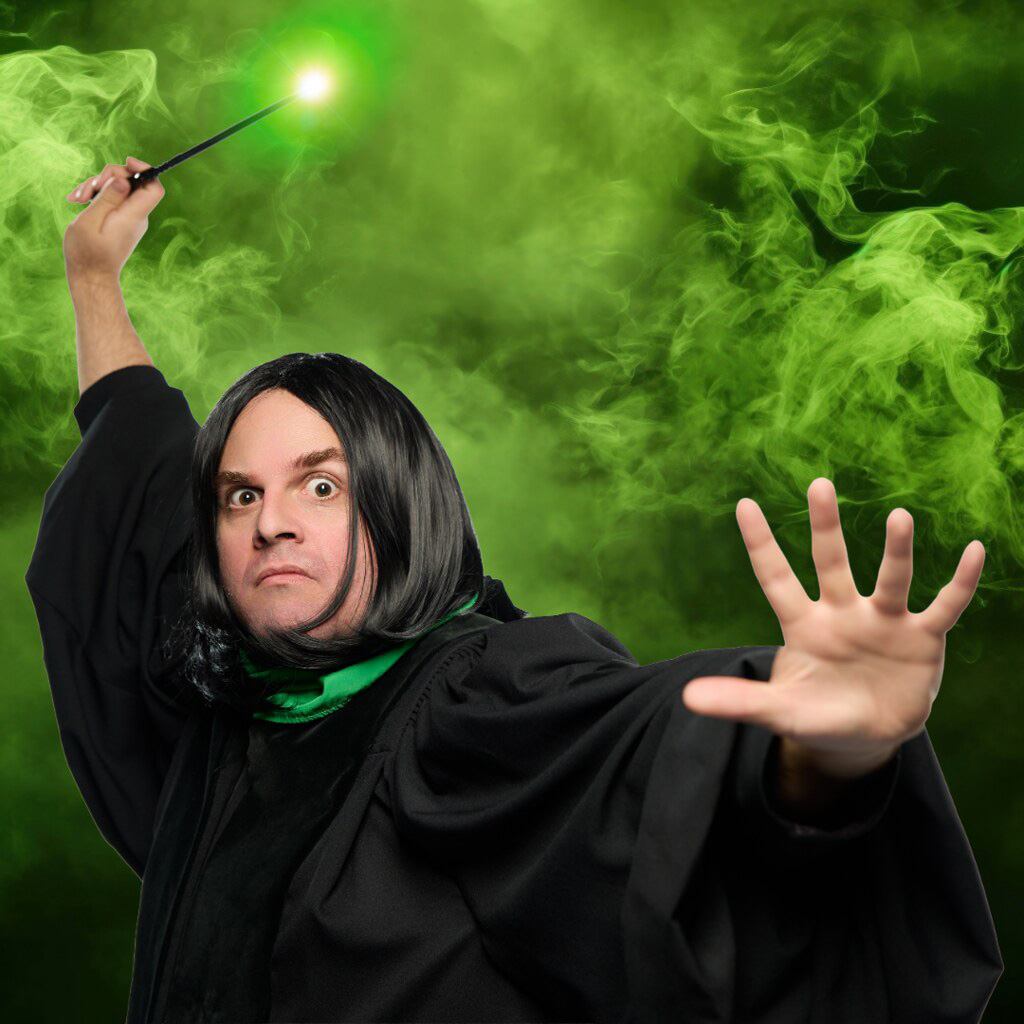
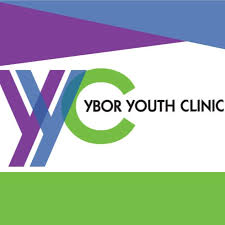
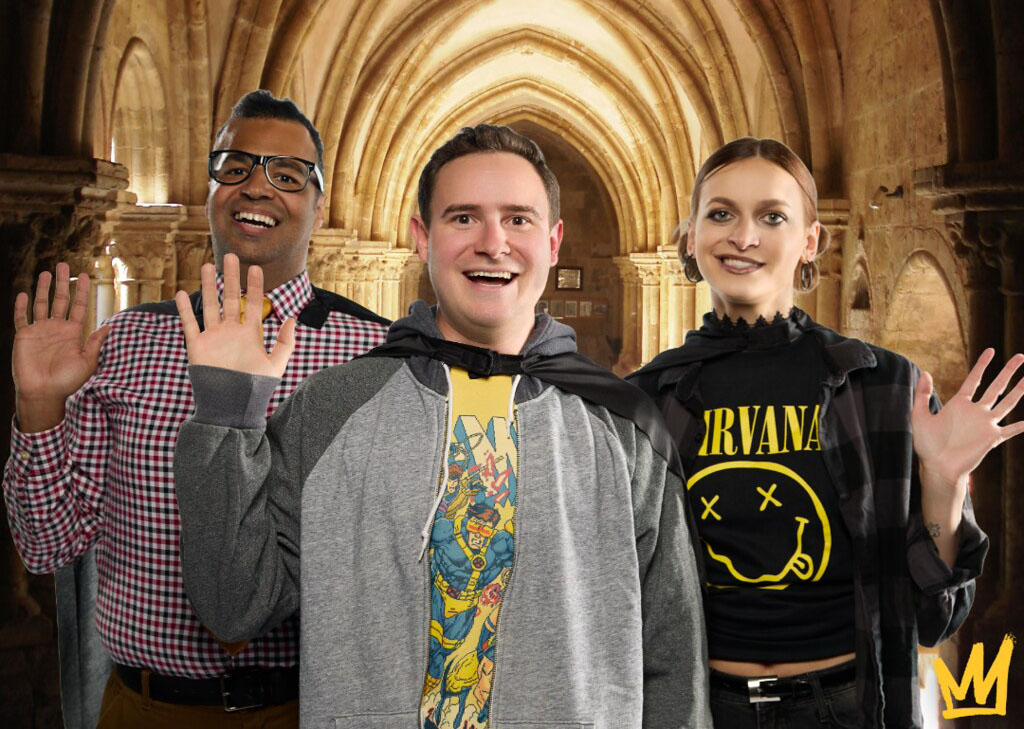
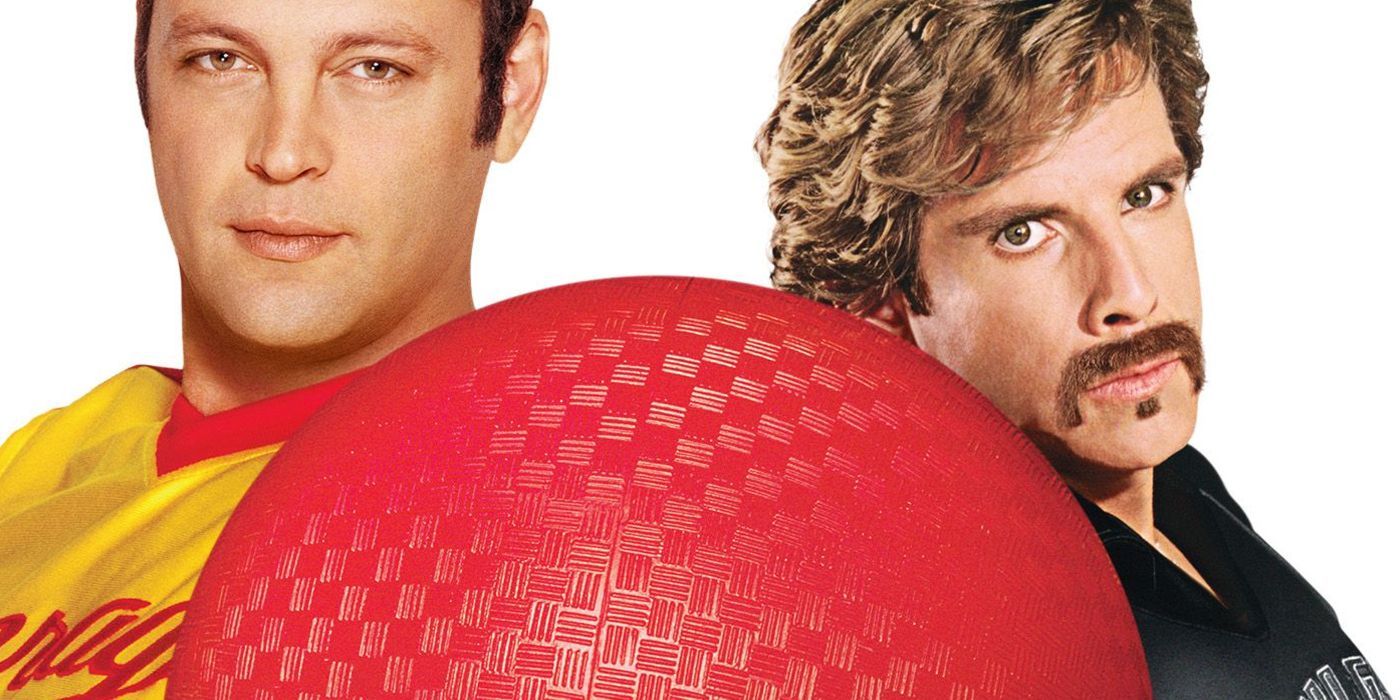
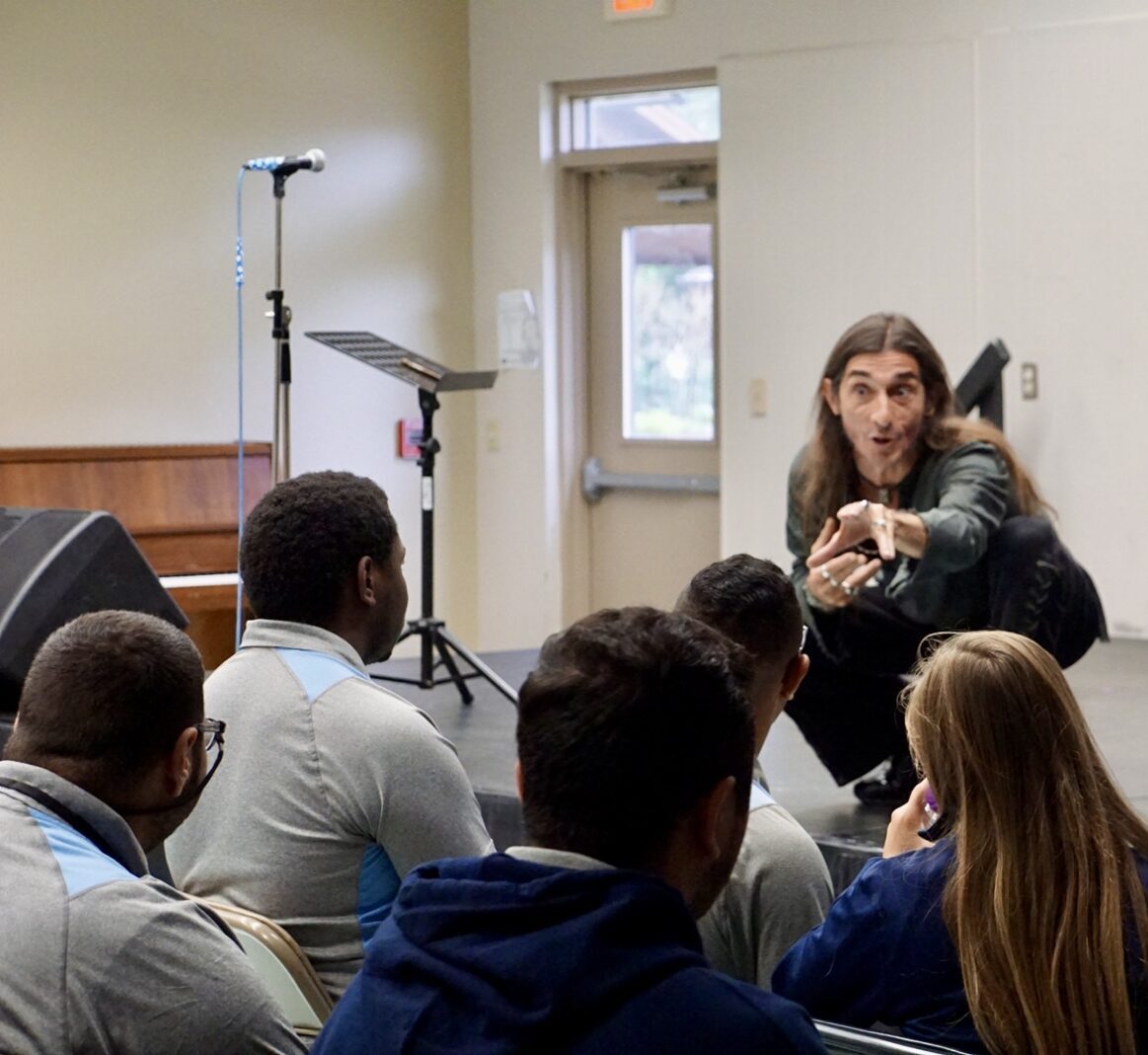




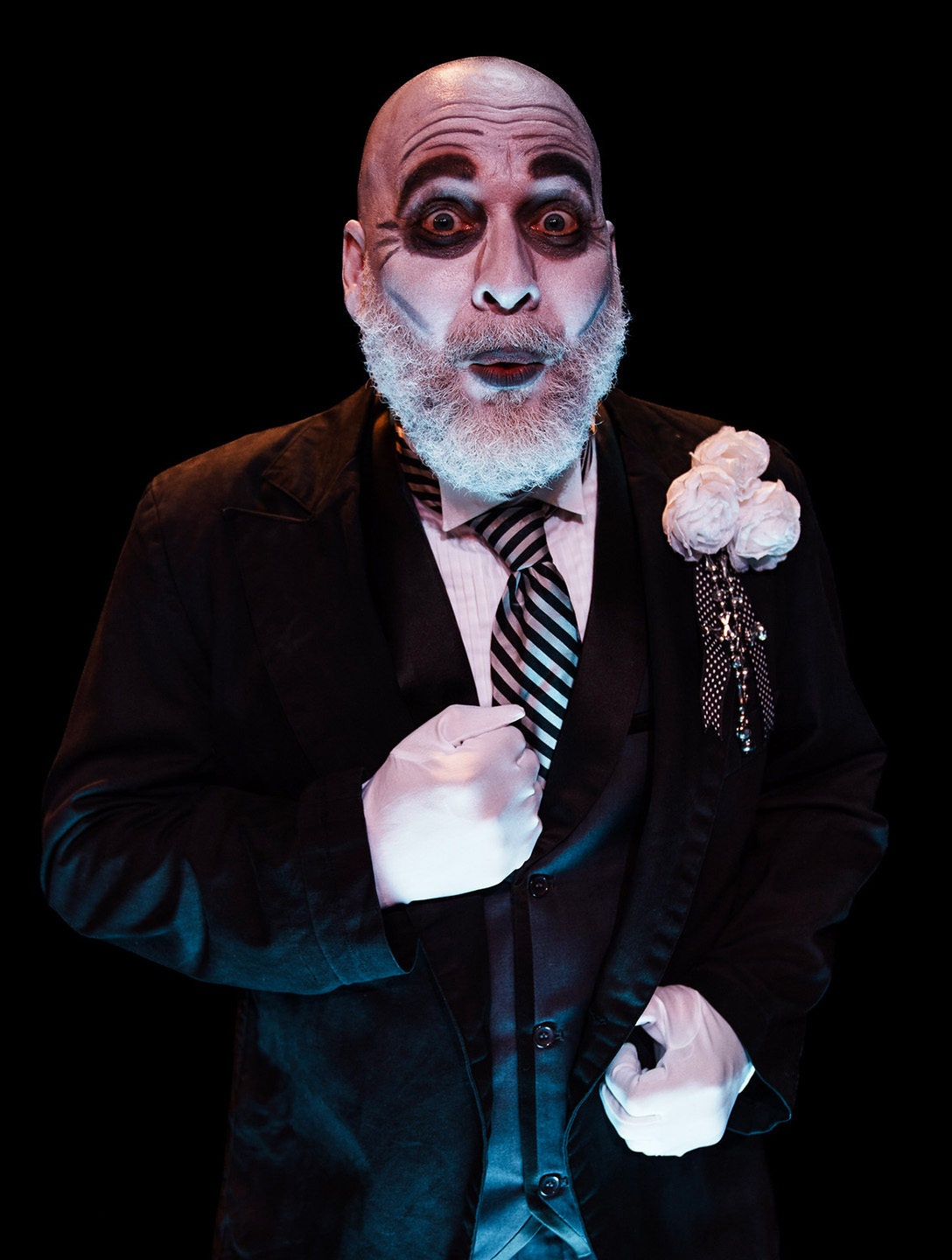
One Response
YAY! Love this!!!